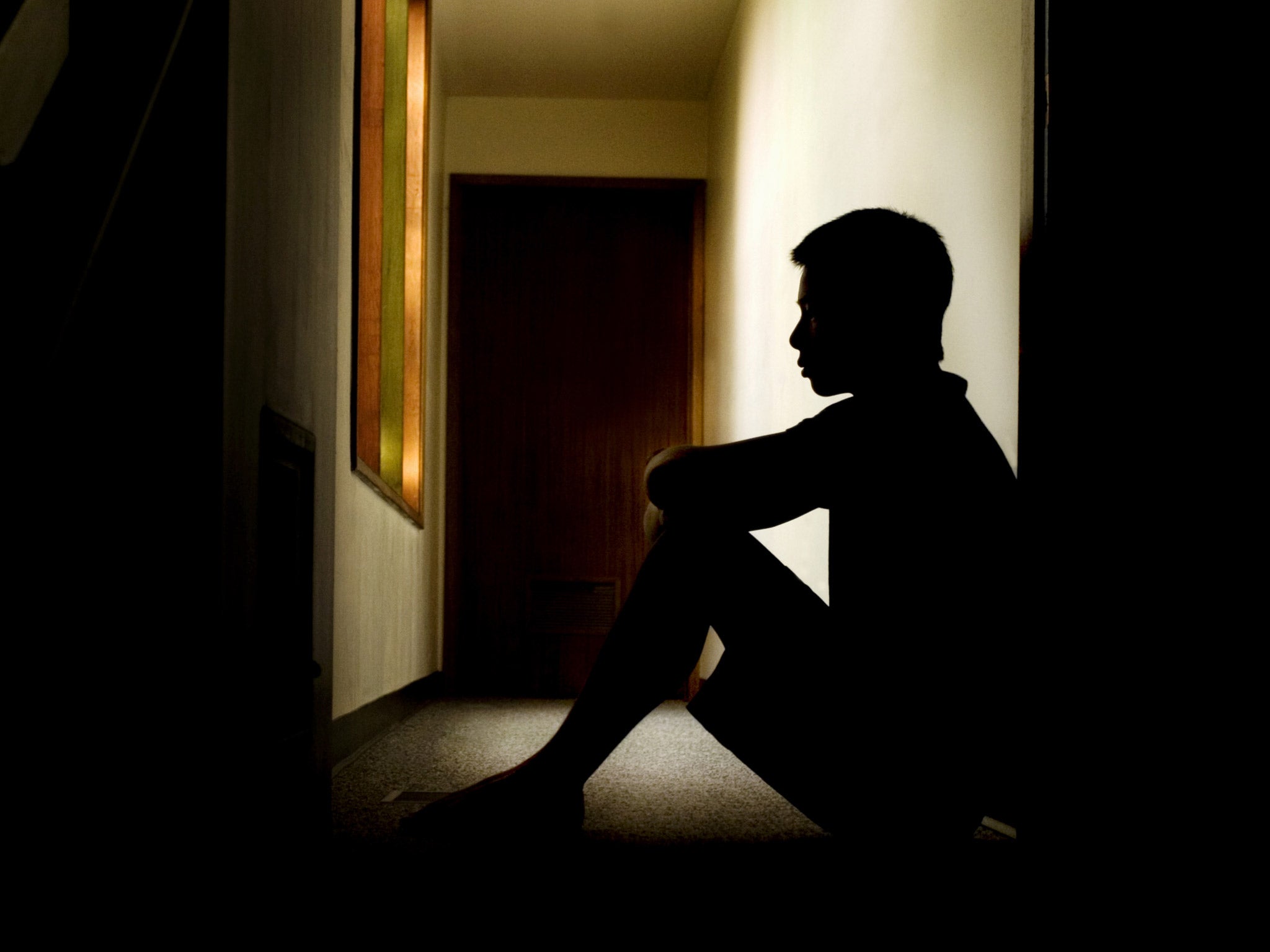Spike in suicide rate in Europe and US linked to financial crisis
UK registered 300 deaths above the expected rate in 2009, after start of crisis

Your support helps us to tell the story
From reproductive rights to climate change to Big Tech, The Independent is on the ground when the story is developing. Whether it's investigating the financials of Elon Musk's pro-Trump PAC or producing our latest documentary, 'The A Word', which shines a light on the American women fighting for reproductive rights, we know how important it is to parse out the facts from the messaging.
At such a critical moment in US history, we need reporters on the ground. Your donation allows us to keep sending journalists to speak to both sides of the story.
The Independent is trusted by Americans across the entire political spectrum. And unlike many other quality news outlets, we choose not to lock Americans out of our reporting and analysis with paywalls. We believe quality journalism should be available to everyone, paid for by those who can afford it.
Your support makes all the difference.Thousands of suicides are linked to the global financial crisis, with particularly high numbers of people killing themselves in countries suffering heavy job losses as austerity bites, an international study has concluded.
The research found there were about 5,000 more self-inflicted deaths in Europe and North America in 2009 – the first year after the banking crash triggered economic turmoil – than would have been expected in normal times.
Britain shared in the distressing trend, suffering 300 extra suicides in 2009, according to a study published last night by the British Medical Journal (BMJ).
Researchers blamed the spike in suicides on soaring dole queues – an estimated 34 million people worldwide lost their jobs during the crisis – as well as bankruptcies and housing repossessions. According to their analysis of suicide rates in 45 countries in Europe and North America, young men aged between 15 and 24 were particularly vulnerable.
“Men are more likely to be the main earner in the family and thus more affected by the recession than women. They might experience a greater degree of shame in the face of unemployment and are less likely to seek help,” their report said.
They said there was evidence that numbers of self-inflicted deaths increased sharply in countries where unemployment had been relatively low before the credit crunch.
And the researchers, from universities in Bristol, Oxford and Hong Kong, warned they could still be underestimating the extent of the problem as some countries hit hard by the financial crash were excluded from their study.
They added: “The rise in the number of suicides is only a small part of the emotional distress caused by the economic downturn. Non-fatal suicide attempts could be 40 times more common than completed suicides and for every suicide attempt about ten people experience suicidal thoughts.”
The Samaritans said the conclusions chimed with their experience of dealing with suicidal and deeply depressed callers who were increasingly raising problems with redundancy, debt and mortgage repayments.
A spokesman for the organisation said: “It is no surprise to us to be told suicides rise during recessions. A snapshot survey of calls to our branches in 2008, just before the current recession began, showed that one in 10 callers talked about financial difficulties.
“That had risen to one in six at the end of last year. Clearly this is a factor governments need to keep in mind when planning for economic downturns.”
The Samaritans’ own research suggested that middle-aged men from disadvantaged backgrounds are at highest risk of suicide. They are up to 10 times more likely to kill themselves than men living in Britain’s most affluent areas.
Richard Garside, director of the Centre for Crime and Justice Studies, said research showed economic shocks were “seriously bad for the health”.
He said: “When people face economic hardship, and the stress and uncertainty that comes in its wake, they can react in different ways. Some will take it out on others, getting into fights, assaulting their partners, perpetrating homicides.
“Violence can also be turned inwards, leading to depression, distress and, for some, suicide.
“Whatever the economic arguments in favour of austerity, the rise in suicide rates is one of the clearest signs of its human cost,” Mr Garside added.
Official figures show that 4,331 people committed suicide in Britain in 2008 – a sharp rise of 246 on the previous year and a reversal of the general trend over the previous decade – and 4,304 in 2009. The rate fell to 4,231 in 2010, but climbed again to 4,552 in 2011.
The findings echo documented increases in suicide in previous downturns, such as the Great Depression in the 1930s and the Asian economic crisis in the late 1990s.
Join our commenting forum
Join thought-provoking conversations, follow other Independent readers and see their replies
Comments